Climate Injustice: Cyclone Freddy Case Study
The SEED Initiative's Fight Against Environmental Inequity
In my last Substack article, I mentioned that I wanted to delve into the story behind a brochure we published in Norway for the Solidarity Exchange for the Environment and Development (SEED) participants. For those unfamiliar, SEED is a youth exchange program supported by the Norwegian Agency for Exchange Cooperation (NOREC) and implemented by Point of Progress in Malawi, and Spire in Norway. The program aims to raise climate justice awareness among young people, focusing on agriculture, gender, and youth participation in both countries.
“Since 2019, seven cyclones have made direct landfall in Malawi, the most severe being in March 2023. “Cyclone Freddy” brought wind speeds of up to 172 kmph and resulted in devastating damage across the southern regions. While the full cost of the impact of Cyclone Freddy has still not been priced, I want to give you an idea of the estimated scale of the damage. The storm lasted 38 days after it barreled 5,000 miles across the Indian Ocean. It made landfall on Madagascar, then hit mainland Africa (predominantly Mozambique, Zimbabwe, and Southern Malawi), before heading back out to the Indian Ocean where it intensified further, only to come back to land and batter Malawi again. Cyclone Freddy dropped six months of rainfall in just six days! It triggered floods and mudslides that killed more than 1,200 people and displaced 659,000. More than 2 Mio farmers lost their crops, 440,000 acres of land was destroyed, and 1.4 Mio livestock were drowned, starved, or lost.” - Postcards from Africa
During the first half of the exchange in Malawi, we had the chance to visit smallholder farmers in Machinga who were severely impacted by Cyclone Freddy. The primary goal was for our Norwegian participants to witness firsthand the devastation caused by the cyclone. Additionally, we sought to gather direct insights from the farmers on how climate change is affecting their daily lives, using Cyclone Freddy as a case study, and to learn about their strategies for adapting to and recovering from extreme weather events.
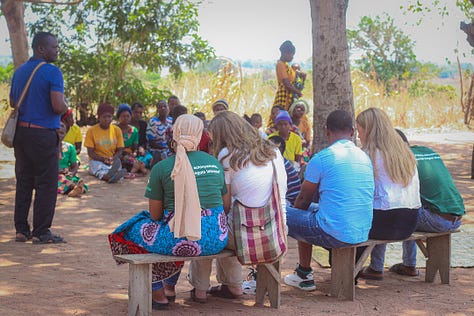
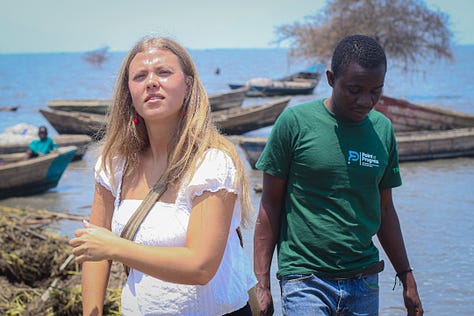
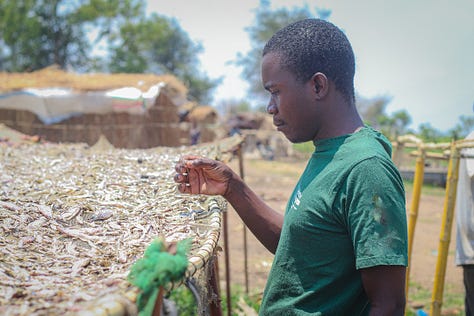
Our visit highlighted a stark example of climate injustice: those who have contributed least to the climate crisis are suffering the most from its effects and struggling to recover. We saw how Cyclone Freddy's floodwaters had engulfed smallholder farmers' fields, where they were growing rice and maize. One young farmer, Violet Peterson, shared during an interview, "The primary concern for young women in our area is the aftermath of Cyclone Freddy, which has ravaged our community, leaving us exposed to the threat of food insecurity."
Back in Norway, a couple of months later, we used the information gathered in Machinga District to create a brochure titled "Climate Injustice: Perspectives from Farmers in Malawi" The brochure begins by defining climate injustice, highlighting the unequal impacts of climate change on marginalized or vulnerable populations. Historically, high-income countries have contributed the most to global warming, while low- to middle-income countries have contributed the least. Yet, it is these countries that bear the brunt of climate change. The brochure also presents statistics on Norway's carbon emissions, which amount to around 500 million tons of CO2 annually. This literally means that Norwegian emissions are exacerbating food insecurity in Malawi.
The brochure further discusses that Cyclone Freddy is not an isolated incident—Malawi has faced numerous extreme weather events over the past few decades, posing a significant threat to its food security. Despite these challenges, the brochure also highlights the adaptive measures farmers are taking to cope with and recover from extreme weather. Finally, it offers recommendations for the Norwegian and Malawian governments, emphasizing the urgent need to address climate injustice collaboratively.
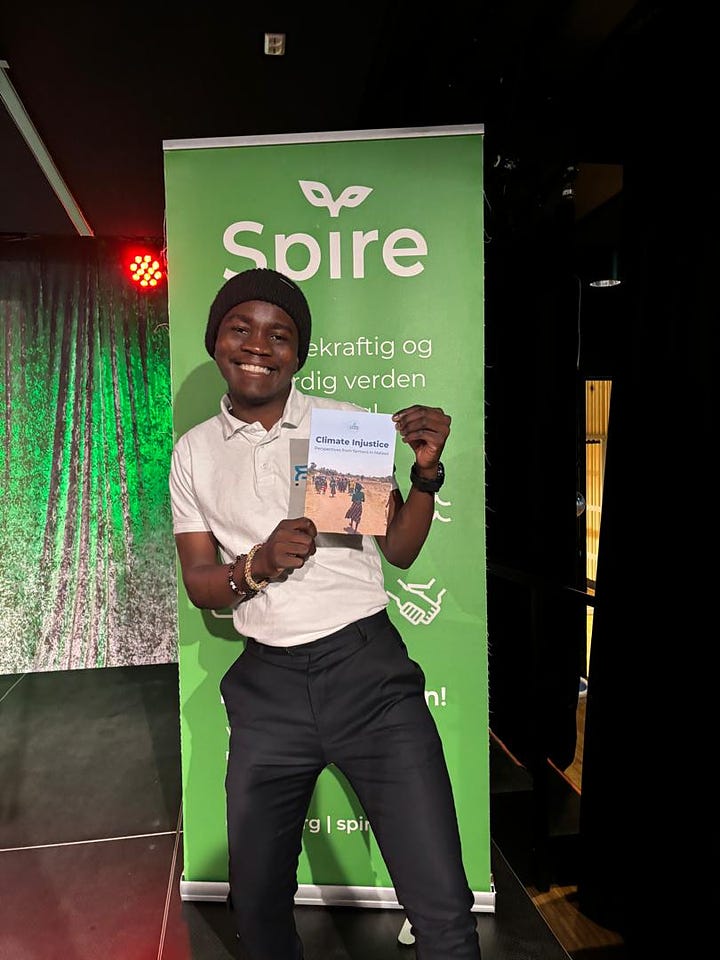
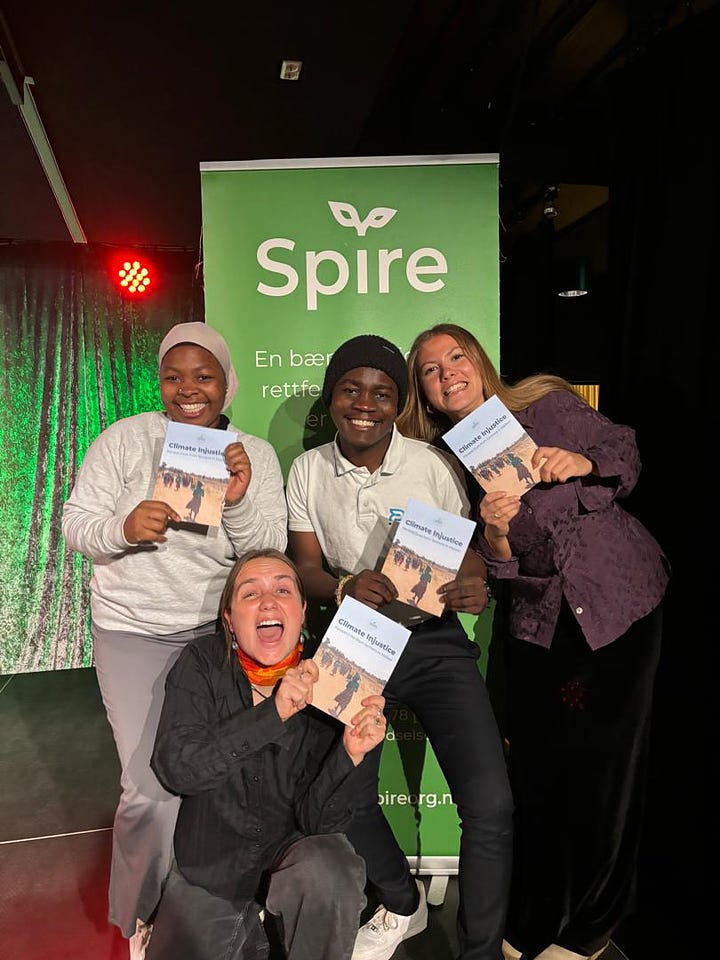
On April 23rd 2024, we launched the brochure in a moment of excitement and celebration of our team's collaboration, creativity, and dedication. The event's theme was "How Can Norway and Malawi Ensure Climate Justice?" It featured presentations from SEED participants about the brochure and their work, as well as a panel discussion on food security, climate justice, and accountability. The brochure is designed to be accessible and concise, aiming to reach various age groups, with a particular focus on politicians in both countries.
We plan to distribute the brochures in schools, to the Ministry of Agriculture, the Ministry of Natural Resources and Climate Change, and the Norwegian embassy in Malawi. You can read the brochure here: Climate Injustice: Perspectives from Farmers in Malawi
Thank you for reading Malawi’s Call. I’m looking forward to sharing more of my journey with you.
Don’t forget to subscribe if you haven’t already!




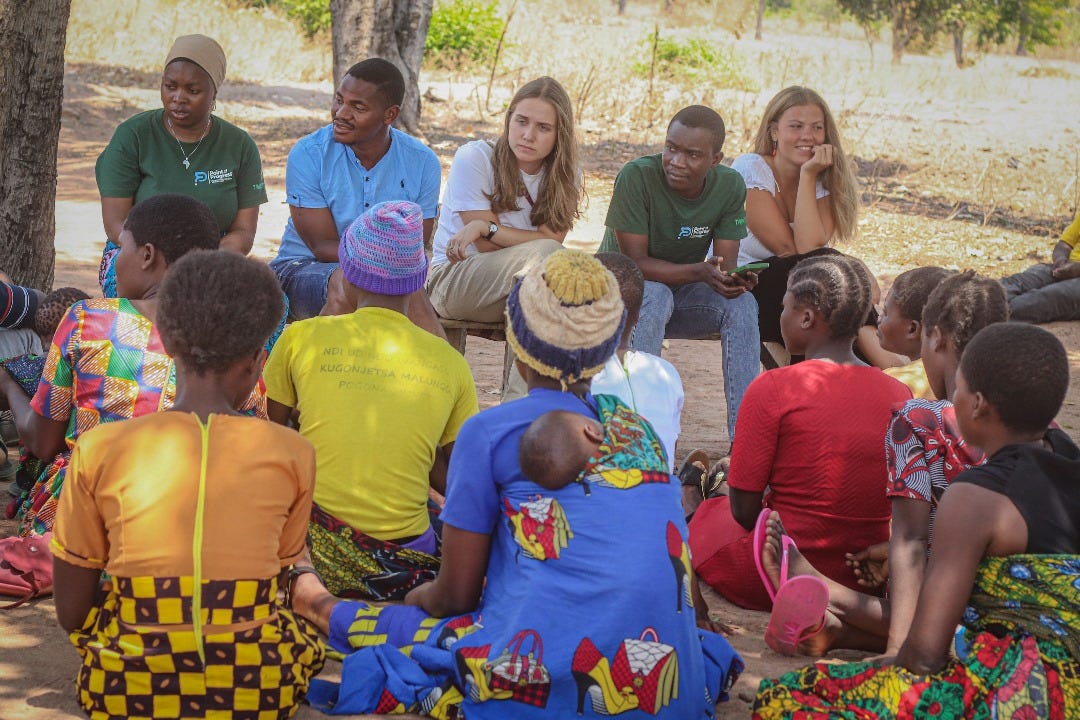
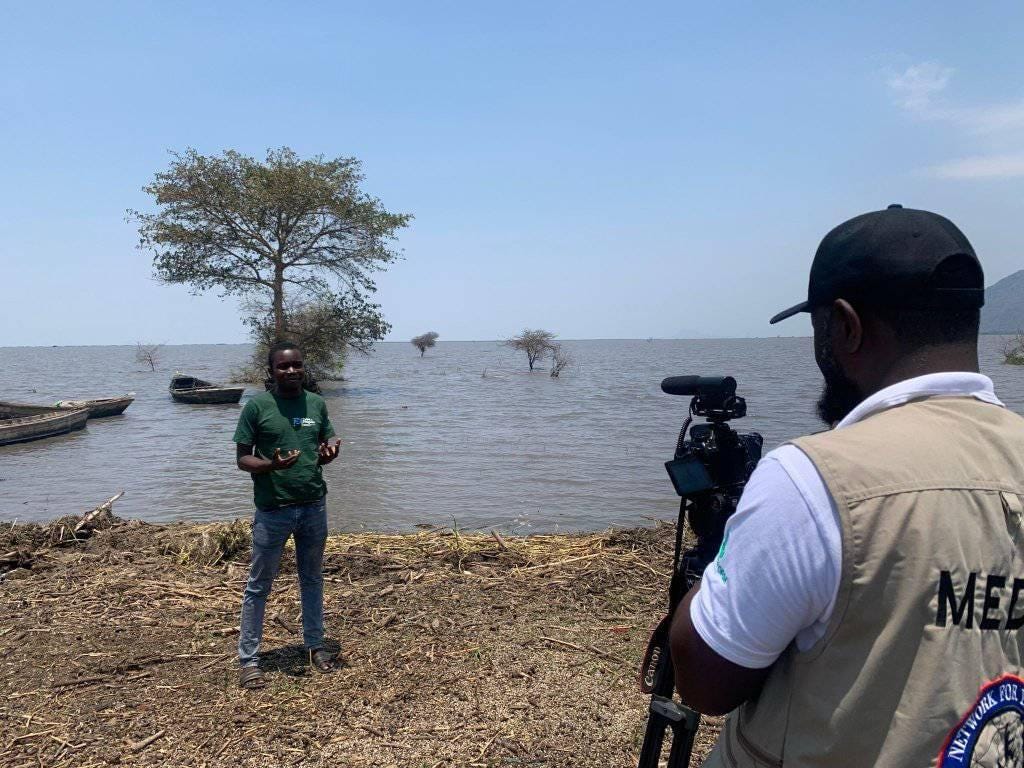
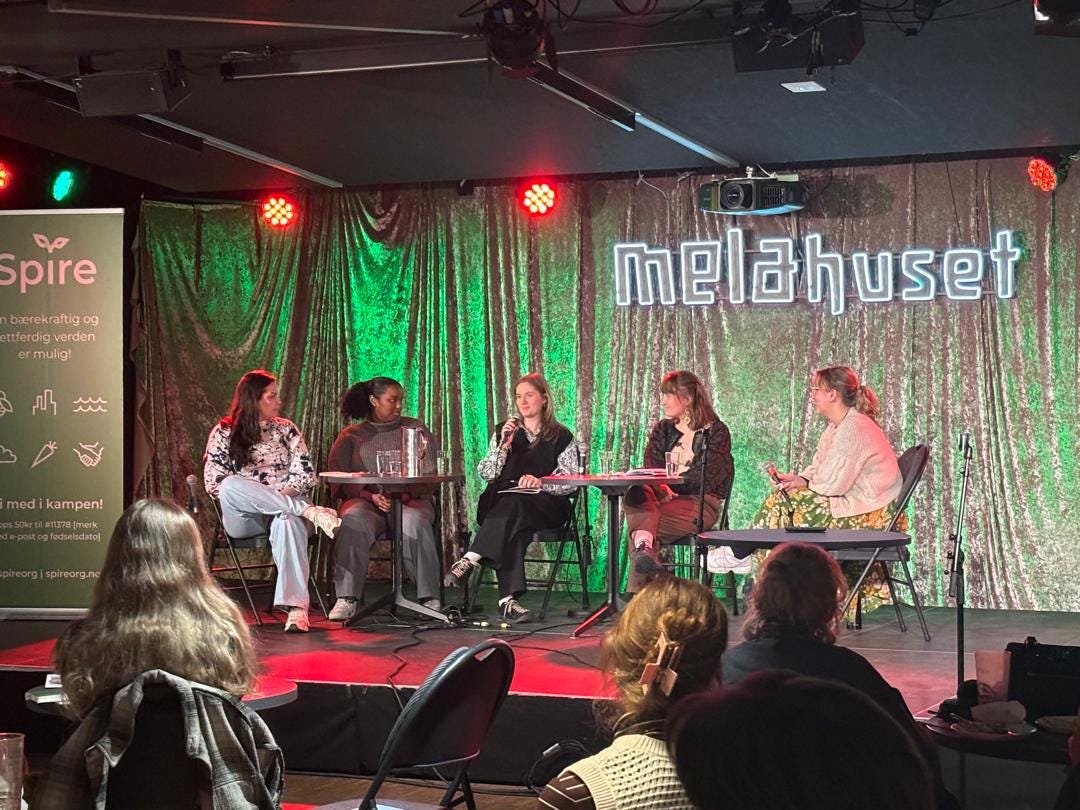
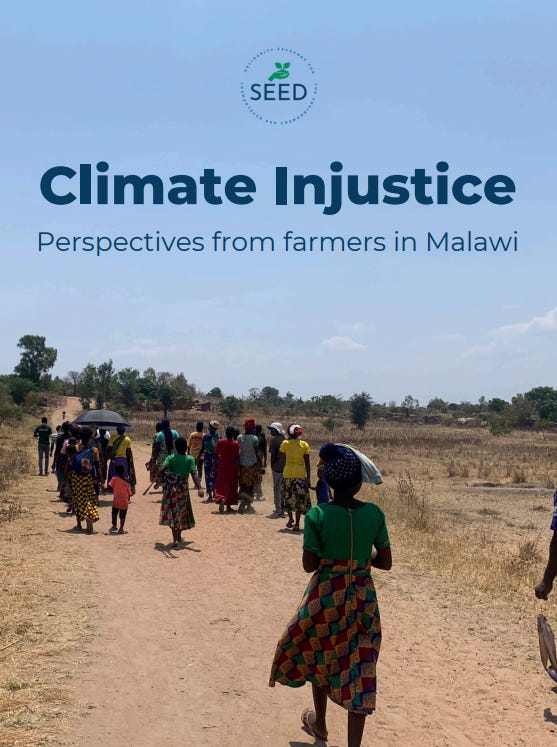
Thanks for giving us a real-life example of climate change impact in the Global South!